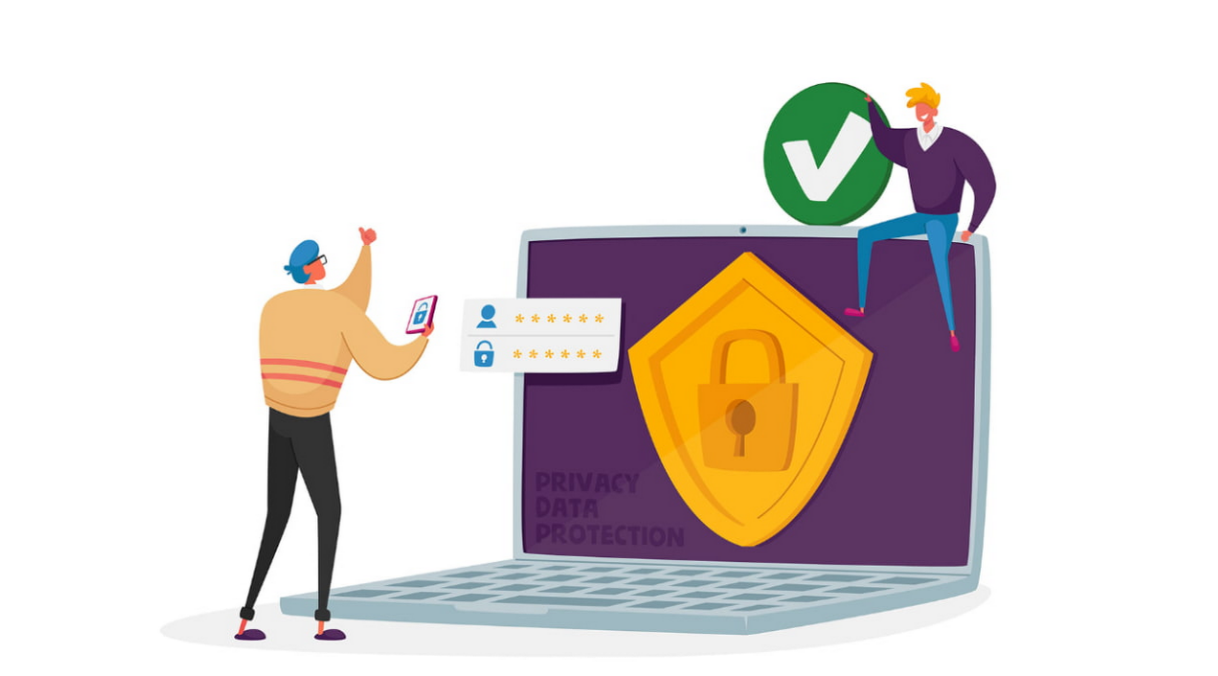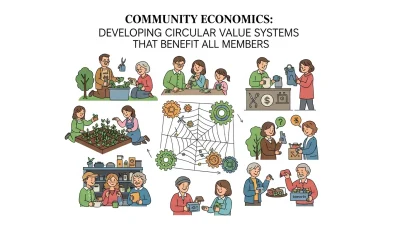Trust forms the bedrock of any thriving community. When members share personal information, they place their confidence in both community leaders and fellow participants. This social contract demands responsible information management practices that respect privacy while enabling meaningful connections.
Recent studies indicate that 79% of people worry about how their personal data is used online, yet communities require some degree of information sharing to function effectively. This tension creates a challenging landscape for community builders who must balance openness with protection.
At BuildBonding, we believe community health depends on transparent privacy practices that empower members through informed consent. Without such measures, participation falters and communal bonds weaken.
The Cornerstone: Informed Consent
Genuine consent requires members to understand exactly what information gets collected, how it’s stored, and with whom it might be shared. Vague policies that conceal data practices behind technical jargon undermine this fundamental principle.
Community leaders must communicate in plain language about:
- What specific information they collect
- Why each data point serves the community
- How long information remains stored
- Who has access to member data
- When and how data gets deleted
Most importantly, members should have straightforward mechanisms to withdraw consent without facing exclusion from core community benefits.
Minimizing Data Collection
The most secure information is that which never enters your systems. Community architects should regularly question whether each piece of collected data genuinely serves community objectives or merely satisfies curiosity.
When the New Economics Foundation analyzed community platforms, they discovered that 64% of collected data fields served no essential community function. This excessive collection increases privacy risks while adding administrative burden—a lose-lose proposition for everyone involved.
According to digital rights researcher Maya Goldstein, “Communities flourish through authentic connection, not comprehensive surveillance. The impulse to gather everything ‘just in case’ ultimately damages the trust ecosystem.” Her work at the Digital Civil Society Lab demonstrates how minimal data practices enhance participation rates.
Securing Shared Information
Once information enters your community ecosystem, robust protection becomes paramount. Technical safeguards must include:
- Strong encryption for sensitive personal data
- Regular security audits and updates
- Access limitations based on legitimate need
- Incident response plans for potential breaches
Beyond technical measures, communities need clear policies addressing human factors in information security—establishing accountability for how members treat each other’s shared information.
Cultural Foundations of Privacy
Privacy operates differently across cultural contexts. What seems harmless in one setting might profoundly violate norms in another. Community builders must develop cultural competence regarding privacy expectations.
This understanding requires ongoing dialogue with members rather than assuming universal standards. When communities span diverse backgrounds, leaders should create multiple pathways for expressing privacy concerns that accommodate different communication styles.
Ethical Information Sharing Within Communities
Communities thrive through appropriate information sharing between members. However, establishing boundaries between public, semi-private, and strictly confidential information requires thoughtful design:
When members share personal experiences, does the platform architecture make clear who can access these stories? Can members easily understand the visibility of their contributions? Do community norms reinforce respect for sensitive disclosures?
These questions deserve focused attention during community design rather than afterthought consideration.
Conclusion: Building Trust Through Privacy Respect
Privacy protection and community building aren’t opposing forces—they represent complementary values that strengthen each other. By implementing ethical guidelines for information sharing, communities cultivate deeper trust, encouraging authentic participation.
The most vibrant communities don’t require excessive personal data. Instead, they create environments where members voluntarily share what matters while maintaining appropriate boundaries. This balanced approach fosters genuine connection while honoring individual autonomy.
When community leaders demonstrate consistent respect for privacy considerations, they lay groundwork for sustainable engagement and meaningful relationships—the true measure of community success.
What privacy practices have you implemented in your community spaces? Share your experiences in the comments below.





